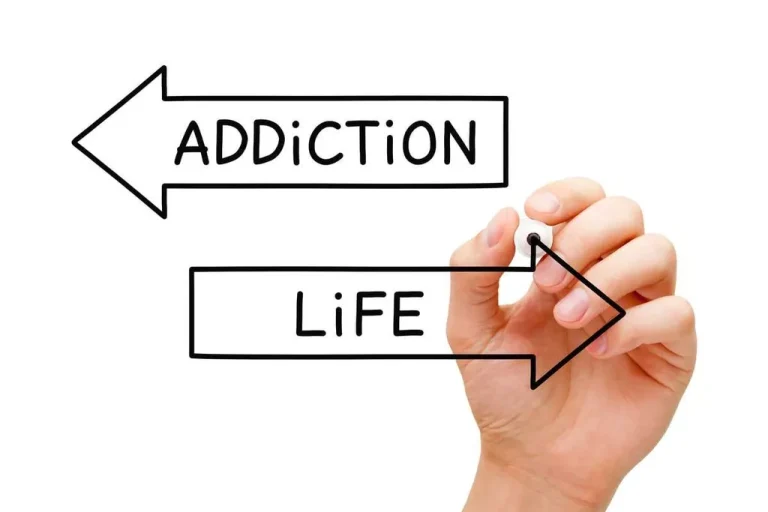
Not so easy when teens feel their peer relationships may be at stake. Furthermore, you might feel pressure to be unkind to others for fun. Several of your peers may do this because they want to feel like they matter (although they already do, they just don’t see it yet or know it). You might, for instance, feel tempted to call people names or make fun of them because they are different, because they don’t look like you or because you don’t like them. Parents’ positive feedback turns out to be a booster for their children when they are facing any kind of peer pressure.
- Consequently, teens may perceive drugs or alcohol as less dangerous than they actually are.
- See there is always a change in opinion in the group some people love materialistic things, some people are minimalistic.
- Consider as an alternative using an example from TV or a movie.
- But the best thing of all is to be yourself — even if it means being different from your peers.
- Specific portions of the brain that regulate decision-making abilities, impulsivity, and self-control aren’t yet mature at this age.
Do Things Together as a Family
- ” Hearing consequences said aloud can also get peers thinking and potentially changing their minds about the very thing they were pressuring others to do.
- It may shake your sense of identity and self-confidence and may contribute to excessive worry.
- Instead, stay faithful to God, love Him and your neighbors as you love yourself, and your life will be a beautiful example to many people who want to follow Jesus Christ.
Thinking about it ahead of time helps you be ready to do what’s right. And when you do what’s right, you might set a good example for your peers. People who are your age, like your classmates, are called peers. When they try to get you to act a certain way, or try to get you to do something, it’s called peer pressure. For example, ask yourself – do certain friends bring out my best self?
Did this article help you?
Extended family, teachers, counselors, clergy, and coaches are also good resources. They can provide advice and help deal with pressure-filled situations. If your teens don’t have quite enough confidence to walk away on their own, encourage them to look for a like-minded peer or friend who feels the same way they do in a particular situation.
Set Boundaries
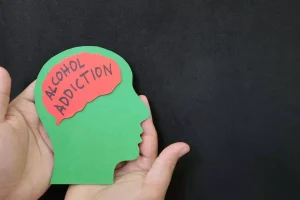
When it comes to pressures around alcohol and other drug use, something else to think about is that most students overestimate how many of their peers drink or use drugs. The truth is that many fewer college students drink or use drugs than people assume. It’s similar with sex and “hooking up”—most students have a skewed idea of what others are doing.
- Join the growing movement to change how our community sees teens.
- Positive pressure empowers choice; negative pressure limits it.
- Saying “no” can be hard, but it’s necessary to set healthy boundaries in relationships.
- Parents might need to adjust their parenting styles to help their teens resist peer pressure.
As our teens watch us, they gain “practice” painlessly from our life experiences and modeling. Set aside a time where you present your teen with a variety of potential situations. For example, they get to the party and there are no parents present or they are offered a ride with someone that has been drinking. Give them time to consider your sample situations and ask them how they would respond.
Coping with Peer Pressure
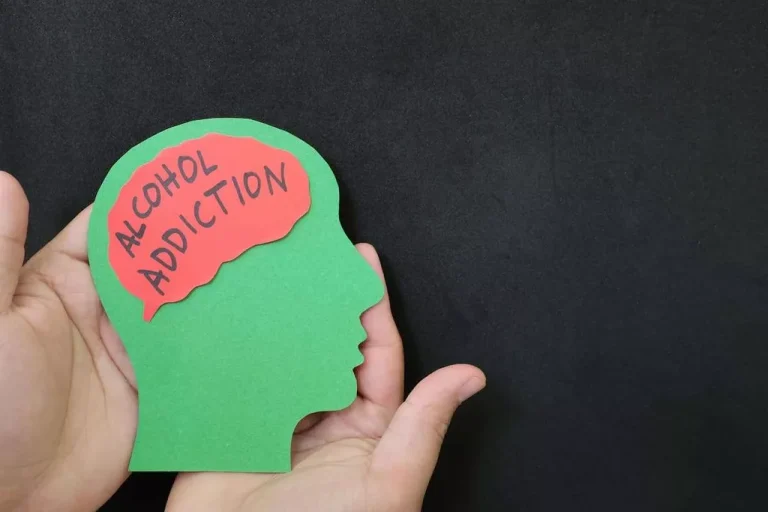
Saying “no” becomes difficult in such contexts, even when uncomfortable, since humans innately seek to “belong.” This sample answer provides teenagers with practical advice on how to handle peer pressure in social situations. A study in the journal Developmental Psychology found that children who lived with parents who wanted to know their whereabouts at all times were less susceptible to peer pressure.
Why Young People Are More Susceptible
This means taking care of your physical, emotional, and mental health. Get enough sleep, eat well, and make time for activities that you enjoy. Surround yourself with positive influences and take time to relax and recharge when you need it. Learning to be assertive is an important part of dealing with peer pressure.
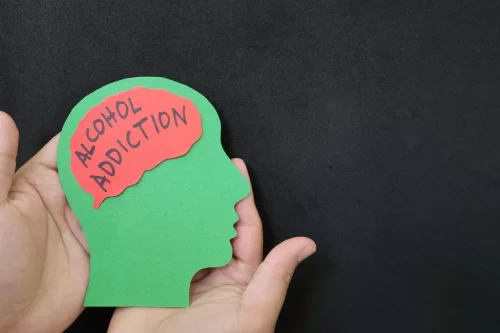
It is driven by a desire to feel “normal,” a need that heightens during adolescence. For this reason, we prepare our children to navigate teen culture when we help them clarify values and think through what they want for themselves. Parents can support teens to follow their own thoughts and feelings and still feel like they are fitting in. It’s the which of the following is a type of indirect peer pressure? influence that people your age or social group have on you to conform to their behaviors, attitudes, and standards.
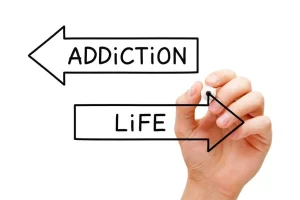
For example, if a pal pressures you to smoke, ask her why she smokes, how long she has smoked, if she minds having ashtray breath. This can serve as a compromise between your preferences and the expectations of your peers. It shows that you are willing to find a middle ground that respects both your values and your peers. Peer pressure to use substances like alcohol and cannabis can unfold into problems with substance abuse. “They made me do things I didn’t want to do. I felt anxious, pressured and lonely.”